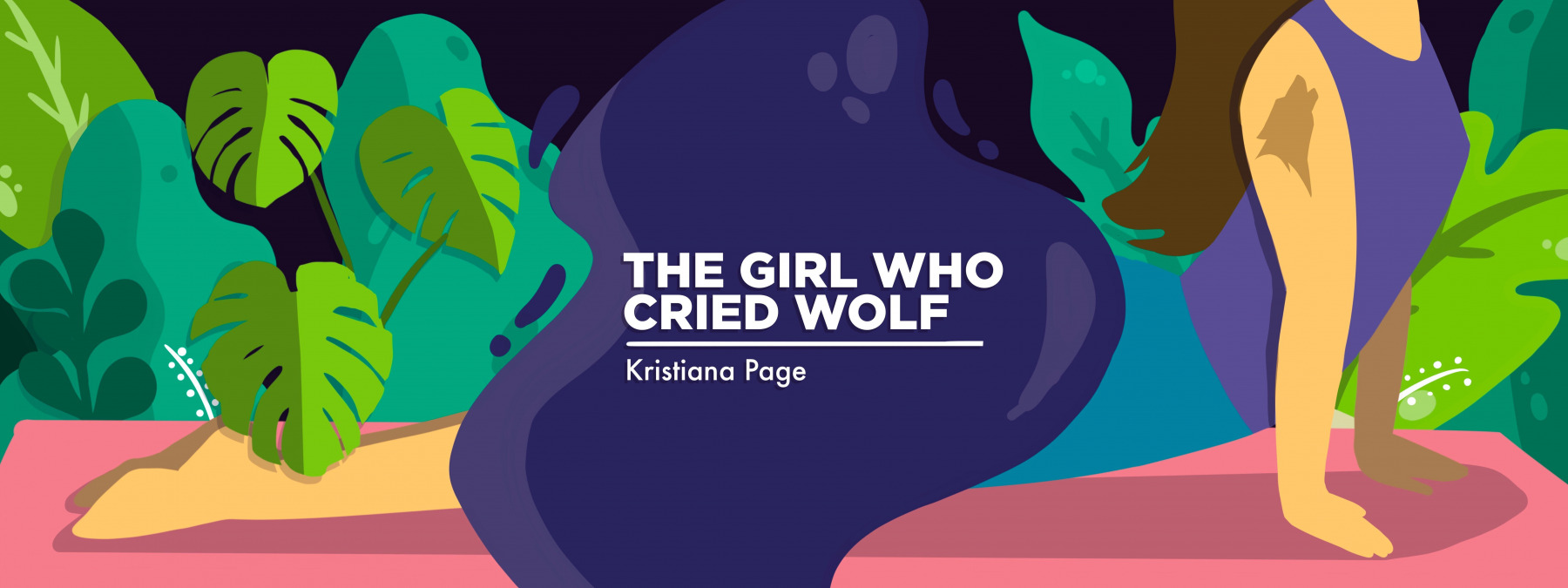How I learned to accept life with lupus fatigue
Living with chronic fatigue is hard, but it's doable and even allows happiness

I remember the first day I was fully aware of my now chronic fatigue. But it would take a week or so after that for me to give it an official name.
It’d been creeping up slowly. For two weeks, I’d been growing increasingly tired, until finally, I felt the weight of it all at once.
A couple days before being admitted to the hospital, where I was diagnosed with lupus, I woke up feeling like I’d never felt before: sluggish, lethargic, drained. It felt like everything — even the smallest tasks — took a concerted effort to finish. Sitting up in bed was a chore. Making it down the short hall from my bedroom to the lounge was challenging. Every limb felt heavy. Just breathing felt like hard work. I was engulfed by this new phenomenon.
I remember that day so clearly. I wish I could travel back in time to 24 hours before that morning so that I could experience again what it was like to wake up rested for the last time. I’d savor that feeling. I’d lie in bed and bask in how delicious it felt to be rejuvenated and recharged.
On my own terms
Since that fateful morning, I’ve never awakened without fatigue. The closest I’ve come was when I was administered fast-acting morphine for a minor surgery. Even then, I think it might’ve been a side effect of the anesthesia.
I’ve long since come to accept my fatigue. If I wanted to live a happy life, I had to acknowledge that fatigue would always be a burden I’d have to bear. I could choose to be miserable in denial or happy in acceptance. So I chose the latter — to live on my own terms.
Don’t get me wrong, I spent a long time being angry. I was mad at the universe and the world around me for not understanding my struggle. I was mad at myself for being unable to problem-solve my way out of it. In the end, I gave in, because anger got me nowhere. It only increased my fatigue, which was the last thing I needed.
Learning how to manage and prioritize my energy wasn’t easy. Understanding my limits has been challenging, and even to this day, I sometimes get it wrong. It took me seven years to get here, but at least the anger has mostly dissipated. I’ve come to accept that there is no “why.”
In my experience, managing fatigue isn’t about fighting it, but rather learning to make it work. Everyone is different, of course, and the process takes a lot of trial and error. But eventually, patterns emerge.
If you’re new to chronic fatigue, let me first say that I’m sorry. It’s hard. Be ready to make mistakes. Don’t rush it, as it takes a while to figure things out. But it will get better; maybe not easier, but better.
When things feel particularly hard, I often turn to this Steve Harvey quote: “Your track record of surviving bad days is 100%.” Today is no different. Take a breath and chin up. Keep putting one foot in front of the other. Trust me, we’ve got this!
Note: Lupus News Today is strictly a news and information website about the disease. It does not provide medical advice, diagnosis, or treatment. This content is not intended to be a substitute for professional medical advice, diagnosis, or treatment. Always seek the advice of your physician or other qualified health provider with any questions you may have regarding a medical condition. Never disregard professional medical advice or delay in seeking it because of something you have read on this website. The opinions expressed in this column are not those of Lupus News Today or its parent company, Bionews, and are intended to spark discussion about issues pertaining to lupus.







Leave a comment
Fill in the required fields to post. Your email address will not be published.